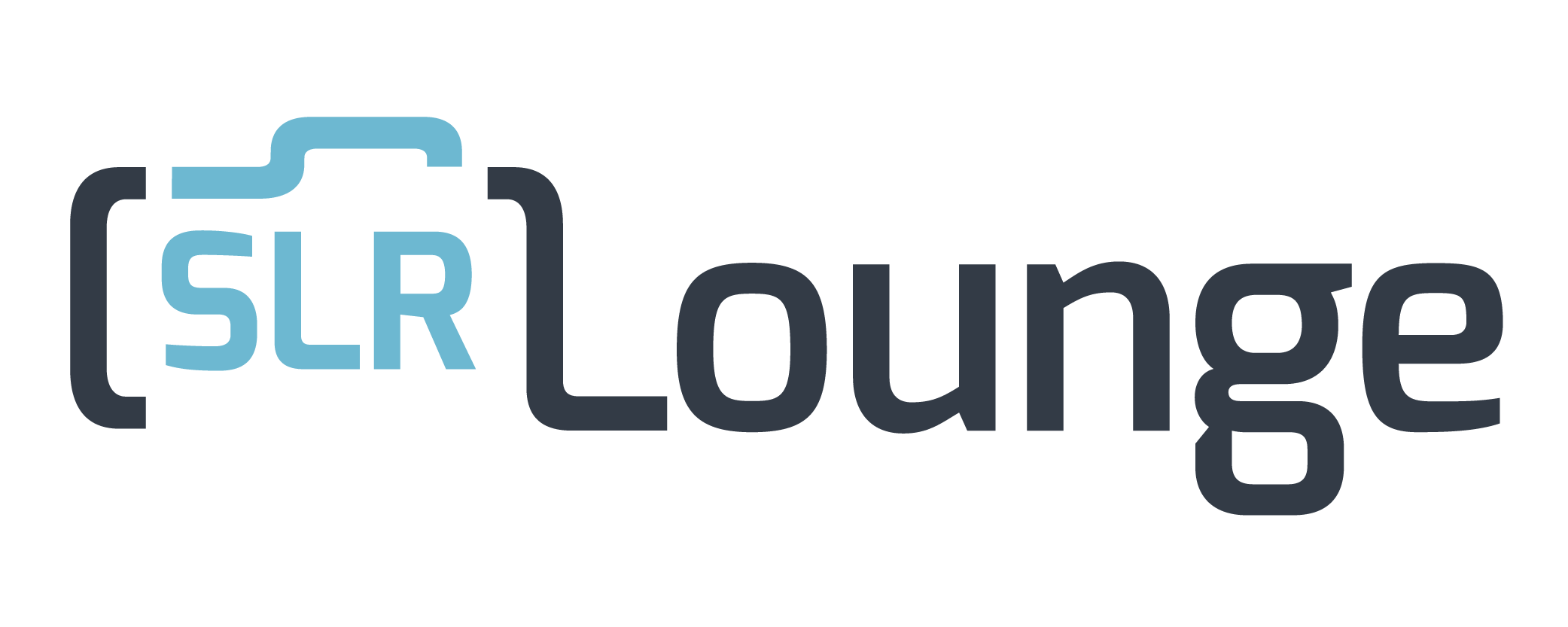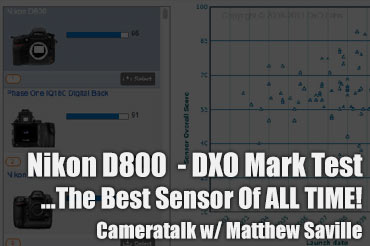Wow.That is one amazing camera sensor, Nikon. Way to go!
The results are in from DXO Mark’s sensor benchmark tests for both the Nikon D4, and the Nikon D800.Guess who won?
The D4, of course, takes the top spot for low-light performance, beating out the Nikon D3s by just a hair, and ALL other cameras by an incredible margin.The D800, surprisingly, comes CLOSE enough in low-light performance that the rest of the specs push it past ANY other camera EVER tested, into the #1 spot.
Of course the DXO Mark overall score is just that, an overall score.What DXO Mark does is they test each camera sensor’s abilities in various different categories:Noise, Dynamic Range, and Color Depth.Notice that sheer megapixels usually do NOT have a direct effect on any of those parameters.Many people argue that the more megapixels you have in a given sensor size, the worse your noise performance will be, HOWEVER that is becoming less and less true as sensor technolory works to minimize various sensor design drawbacks, and maximize all light-gathering capabilities.
But I digress.And get very geeky.The bottom line is that surprisingly the D800 actually out-performs the D4 by a considerable margin for dynamic range, (over one whole stop) …and a slight margin for color depth.
Still, the most impressive thing to me is just the D800’s ability to deliver in low-light performance, at least at the ISO’s it does offer.It doesn’t go as high as the D4 or the other low-light champions, and tops out at 12800.However at ISO 3200, and even somewhat at ISO 6400, the D800 holds it’s own and stays right up there close behind the champs.Oh, and it totally beats the D700 at ALL ISO’s.Yep.
There are only a few questions I have left at this point:
• Will Canon’s 5D mk3 steal the D800’s crown?How about the Canon 1DX?Possibly, in fact I’d suspect that DXO may even already have the 5D mk3 test ready to go; or at least have a general idea, and are just waiting a little bit for a “grand finale”…So far, all other samples and tests have shown that the 5D mk3 has total superiority in low-light performance compared to the D800, and maybe even surpasses the D4.So all Canon needs to do is pull out all the stops (pun intended?) with respect to dynamic range and color depth, and they have a winner.
• Would the 5D mk3 change how amazing the D800 is? …Nope.The bottom line is that any Nikon user who was previously lamenting over such insane resolution (compared to the 22 megapixel 5D mk3) can take heart:The D800 performs great at “regular high ISO’s” (1600, 3200) …and still delivers acceptable results at 6400 and 12800.Also, BTW, for any of those who are complaining about the filesize of the D800:Keep in mindthat the D800 has 12-bit compressed RAW mode, which will take the 36 megapixel RAW files down to almost the same as Canon’s 14-bit losssless-compressed RAW 22 megapixel files.Of course you can always crank up the D800 to un-compressed 14-bit, if you’re crazy.Of course the 5D mk3 will still be an AMAZING camera, too. So neither is this a reason to switch from Canon to Nikon, in my opinion.The D800 is just a milestone.
• What about the D800E?  Well I hope DXO Mark is thinking this same thing, and will also be reviewing the D800E’s sensor.The “lack” of an aliasing filter may have a slight effect on the rankings, although I don’t know how much.
Click HERE for the Nikon D800 Sensor Test on DXO Mark
Until next time,
=Matt=



Related Products:













